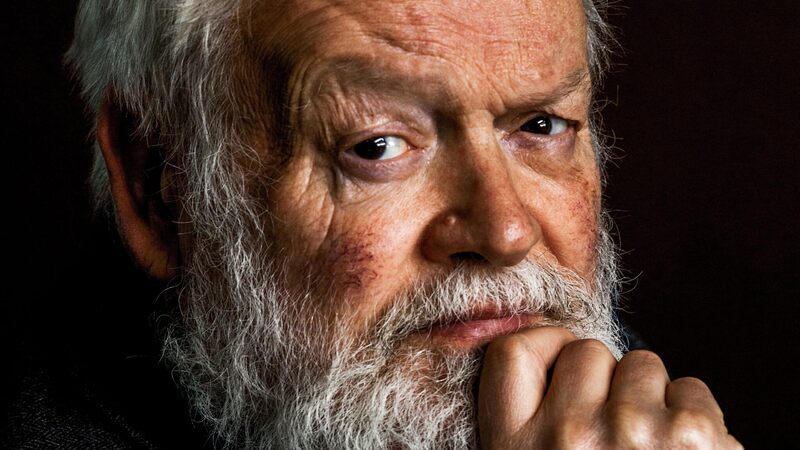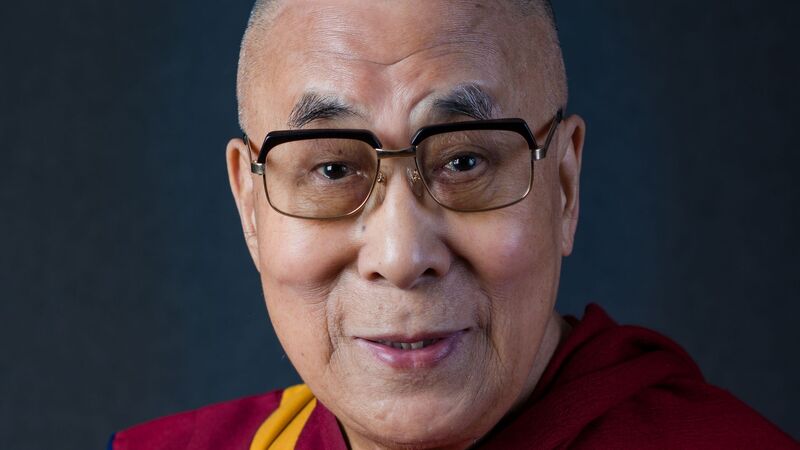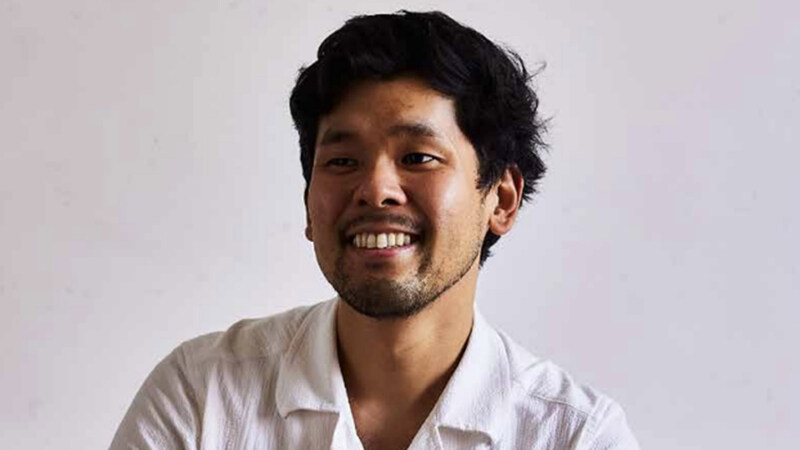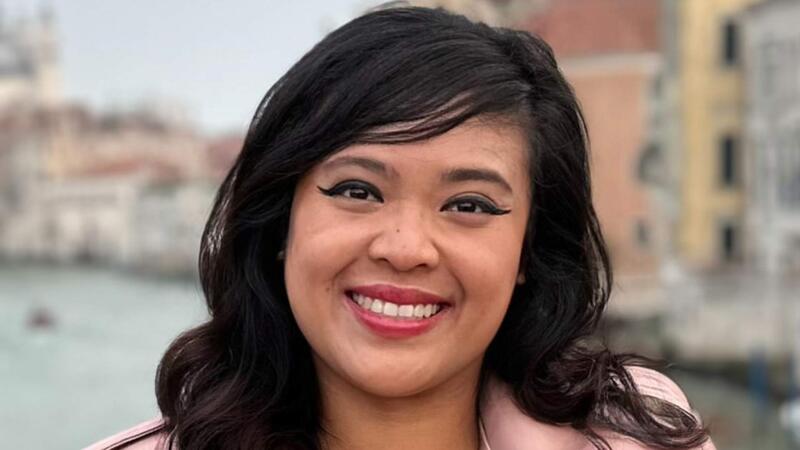You are viewing your 1 free article this month. Login to read more articles.
Two major Olusoga histories for Pan Mac
Pan Macmillan has acquired two new history books from award-winning historian and television presenter David Olusoga: a new history of empire and a landmark history of slavery in the Islamic world.
The news follows hot on the heels of Olusoga's Longman History Today Trustees Award win this week (28th June) for his "major contribution to history" with special mention made of his book Black and British: A Forgotten History (Macmillan) and its accompanying television series aired in 2016. The book was also shortlisted for the Jhalak Prize and the PEN Hessell-Tiltman Prize for History, and longlisted for the Orwell Prize.
Georgina Morley, non-fiction editorial director, acquired world English language rights (excluding the USA and Canada) in the new books, slated for publication in 2018 and 2020, from Charles Walker at United Agents.
Morley said: "Working with David Olusoga has been both a privilege and a delight from the moment we first met to talk about the book that became Black and British. We are all utterly thrilled that David, one of Britain’s most brilliant historians, has made Macmillan his publishing home. I have no doubt that these new books will be every bit as ground-breaking, as immersive and as vividly readable as Black and British."
Olusoga said: "Black and British was written with the support of George and the brilliant team at Pan Macmillan. I'm really excited at the prospect of taking on these big historical subjects with the help of such supportive, creative and enabling people. Both of these books will seek to make complex and controversial histories accessible and relevant. My hope is that, like Black and British, they will challenge the divisions between historical genres and appeal to readers who are seeking big-picture history."
Olusoga has been vocal in the discussion around lack of diversity at the Chalke Valley history festival, which prompted fellow historian Rebecca Rideal to pull out. Commenting on Twitter, Olusoga said the festival "got it wrong" and "should just say sorry".


















